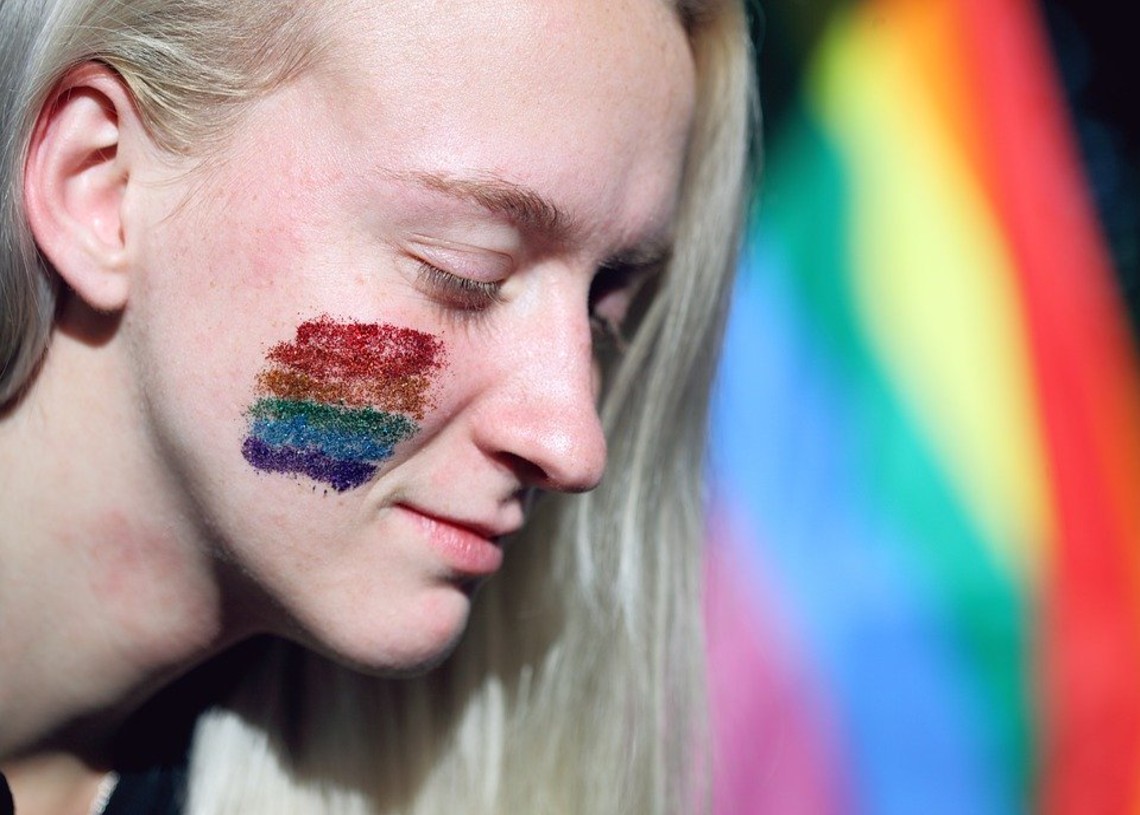New guidance from the Department for Education on gender identity has directed teachers in England not to make a determination on what a student’s gender is based on their personalities and how they dress.
They pointed out that teachers should not be able to tell students that they might be of a different gender based on what they wear, how they behave, or their personality types.
The guidance, which was released on Thursday, went on to criticize the teachers who do this, by saying that they reinforce harmful gender stereotypes. The guidance indicated that any such determination should be based on science, facts, and should be age-appropriate and evidence-based.
Gender identity guidance
The guidance noted that discussion on gender fluidity was a weighty matter, but also indicated that it was a matter that needed to be discussed, especially in school encounters involving teachers and students. It agreed that the matter, however, will always be complex and sensitive.
The guidance follows a similar directive by the government that resulted in the banning of changing genders without requiring a medical diagnosis. This caused a lot of controversies, especially in the LGBTQ+ community, who argued that the move would suppress them.
The guidance also directs schools not to partner with charities that indicate that lack of conformity to certain gender stereotypes should be seen as having a different gender identity. In the same breath, the school also warned teachers and school staff against making similar assumptions for their students.
Public response
Mermaid, which supports transgender children, released a statement in reference to the guidance, said that it was not up to adults to dictate to children what their gender was. They indicated that this had caused a lot of harm in the past by trying to force children to be something that they are not.
Shereen Benjamin, a senior lecturer in primary education at the University of Edinburgh, also seemed to welcome the move by the government, indicating that the clarification was helpful and welcome. She continued by saying that it is important that schools get rid of gender stereotypes and that students who are having gender identity problems to be listened to without any judgment.
The move is part of the DfE policy that is trying to redefine how students socialize and interact with their teachers. The DfE has also released guidance against cancel culture and directed teachers to educate students about the harmful impact of such actions. They have also been vocal about non-platforming people with different opinions calling it intolerant.
Featured image by Pixabay







